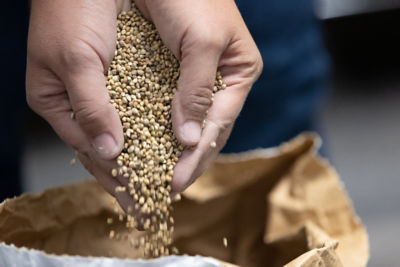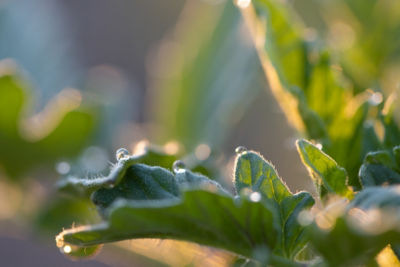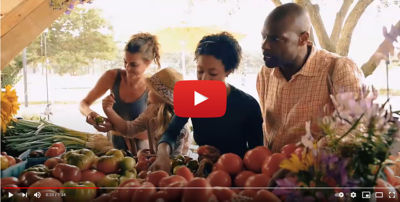Causal Agent
Environmental
Distribution
Worldwide
Symptoms
Affected seedlings become yellow at or near the soil line when temperatures are below freezing for prolonged periods. Upon freezing and thawing the soft tissues lose their integrity and become translucent and watery in appearance and texture. Freeze damaged scales become a grayish yellow color. Often, individual scales are injured entirely but adjacent inner and outer scales may or may not show freeze damage. The innermost sections of an onion may escape damage. However, the bulb may still be unmarketable.
 Cross-section of a bulb showing water-soaking of freeze damaged tissue.
Cross-section of a bulb showing water-soaking of freeze damaged tissue.
Conditions for Development
Freezing of onions becomes a problem at temperatures below -2°C (28°F). When soil is repeatedly frozen and thawed the plants can be heaved to the surface of the soil where they die from root damage and desiccation. Bulbs in the ground are less likely to be freeze damaged than those on the soil surface.
Control
Onion bulbs vary greatly in their ability to tolerate freezing temperature. Onions least tolerant to freezing are usually those lowest in solids such as the Grano types.




